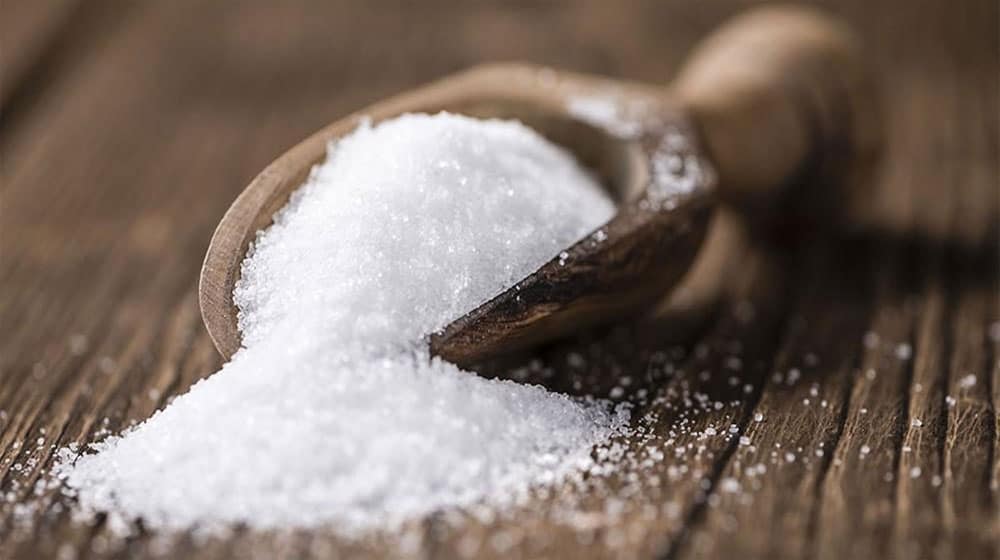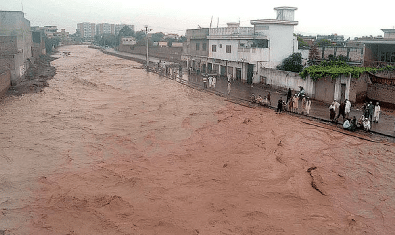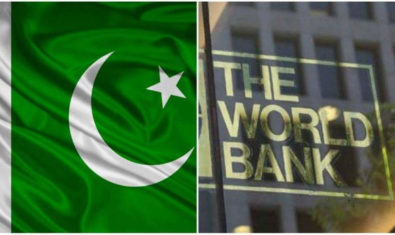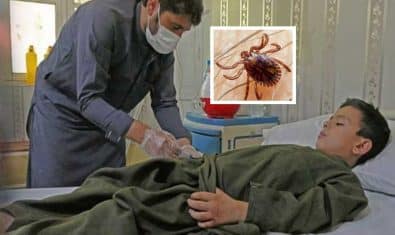The Competition Commission of Pakistan (CCP) has unearthed a cartel in the sugar industry through an extensive inquiry, which concluded that the Pakistan Sugar Mills Association (PSMA) has been acting as a front runner for cartelization in the sugar industry since 2010.
The CCP’s inquiry, a copy of which is available with ProPakistani, has concluded while determining the causes behind the sugar shortage/crisis and price hike that the sugar mills are using the PSMA platform to take a collective decision to use exports as a means of sustaining or controlling prices or ‘keeping it stable’.
The inquiry has concluded that the recent hike in sugar prices appears to be the direct result of misreporting in sugar stock positions (of which PSMA was aware of) that led to a decision to delay sugar imports. The inquiry report observed that the decision not to import in a timely manner caused a rise in sugar prices between July to September 2020 by Rs. 11.6 per kg.
The CCP has the evidence that indicates that in 2019 only, the domestic price of sugar hiked by Rs. 18/kg due to the commodity’s export while the sugar barons made an additional gain of Rs. 40 billion in revenue in addition to payment of Rs. 29.22 billion as a subsidy to them.
Despite a depressing picture of the industry portrayed by PSMA financial statements of various companies suggest that they were making profits. Published accounts of a sample of 16 sugar mills, from 2017 to 2019, reveal that the sugar mills were earning profits from their operations. Average gross profit margins were 11%, 8%, and 13% in 2017, 2018 and 2019 respectively. Average net profit margins were 2.8%, 0.4% and 2.4% respectively. From the commission’s perspective, it is not about the profit margin but more with the manner and conduct involved in making such profits.
The enquiry report said that evidence gathered during raids on the premises of PSMA and JDW Sugar Mills seems to suggest these anti-competitive activities have continued since 2010.
It appears that starting from 2012 to date, the conduct of PSMA and its members vis-à-vis collective discussion on stock positions leading to a decision on the quantity to be exported is tantamount to fixing or setting/controlling supply within the relevant market which is a prima facie violation of the Competition Act.
Furthermore, this reduction in domestic stocks/supplies leads to an increase in or maintenance at the desired price level in the relevant market, as admitted by PSMA through the evidence available, which constitutes a prima facie violation of Section 4(2)(a) of the Act by PSMA members
The enquiry report said that from the evidence available, it appears that since 2017 PSMA Punjab Zone has created zonal divisions for the purposes of coordination among respective mills on local sales as the phrase ‘Sales committee comprising of one member from each zone to meet periodically’ indicates. Share of each zone vs total production in Punjab is mapped out which shows that the coordination in sales is based on a share in production’.
Stock positions of each mill in each zone are mapped out on a monthly basis while mills are also coordinating for the start of crushing activity in the respective zones
“This zonal division and coordination on sales, stock positions and production quota appear to be none other than monitoring the position with respect to each mill to control local sales and quantity to be sold,” the inquiry said.
It further revealed that from as far back as 2012 to July 2020 there has been continuous involvement of PSMA in the collection and coordination of stock positions amongst its member mills to control the supply and price of sugar in the market.
The coordination of stock positions is also used to influence policy decisions regarding exports and imports. The price of any commodity is a function of demand and supply and typically a cartel can increase or maintain price levels by controlling supplies.
PSMA is being used by its member mills in Punjab Zone to share stock information amongst themselves
From the evidence available, it appears that since 2012, the platform of PSMA is being used by its member mills in Punjab Zone to share stock information amongst themselves which is considered as sensitive commercial information and such information has a direct bearing on the current and future price of sugar thereby used to control prices and restrict and distort competition in the relevant market.
The inquiry has further revealed that for tender of 20,000 MT of sugar (closing date of which was 28th March 2019) it appears that mills of PSMA Punjab Zone took a collective decision to fix and divide the quantity of sale, among the members mills who participated in the tender, thus prima facie violating Section 4(1) read with Section 4(2)(c) of the Act.
For tender dated March 20, 2010 for 100,000 tons of sugar, it appears that vide its letters, dated 26th and 29th March 2010, to USC, PSMA and its members have taken a collective decision on dividing and sharing quantity to be supplied which is a prima facie violation of Section 4(1) read with Section 4(2)(c) of the Act.
From the evidence available, it appears that during the crushing season 2019-20, PSMA Punjab Zone ceased to crush sugar from 30th December 2019 to 11th January 2020.
It is evident from the data received from the Cane Commissioner Punjab; this closure was a collective decision on part of PSMA Punjab wherein 15 mills appear to have ceased crushing on the call of the association. Evidence impounded from PSMA indicates that during this period PSMA Punjab held back-to-back meetings with the agenda of sugarcane procurement.
The purpose of holding these meetings appears none other than to coordinate on taking decisions on crushing and procurement of sugar cane as merely procurement is a commercial decision and does not appear to hold relevance for collective deliberation using the association platform.
Therefore, prima facie PSMA Punjab Zone particularly the 15 units named by the Cane Commissioner Punjab, are taking a collective decision on procurement.
Based on the evidence available with CCP, the inquiry report has concluded that PSMA and its member mills are engaged in collusive practices and recommended issuance of show-cause notices to PSMA and its member mills.

























